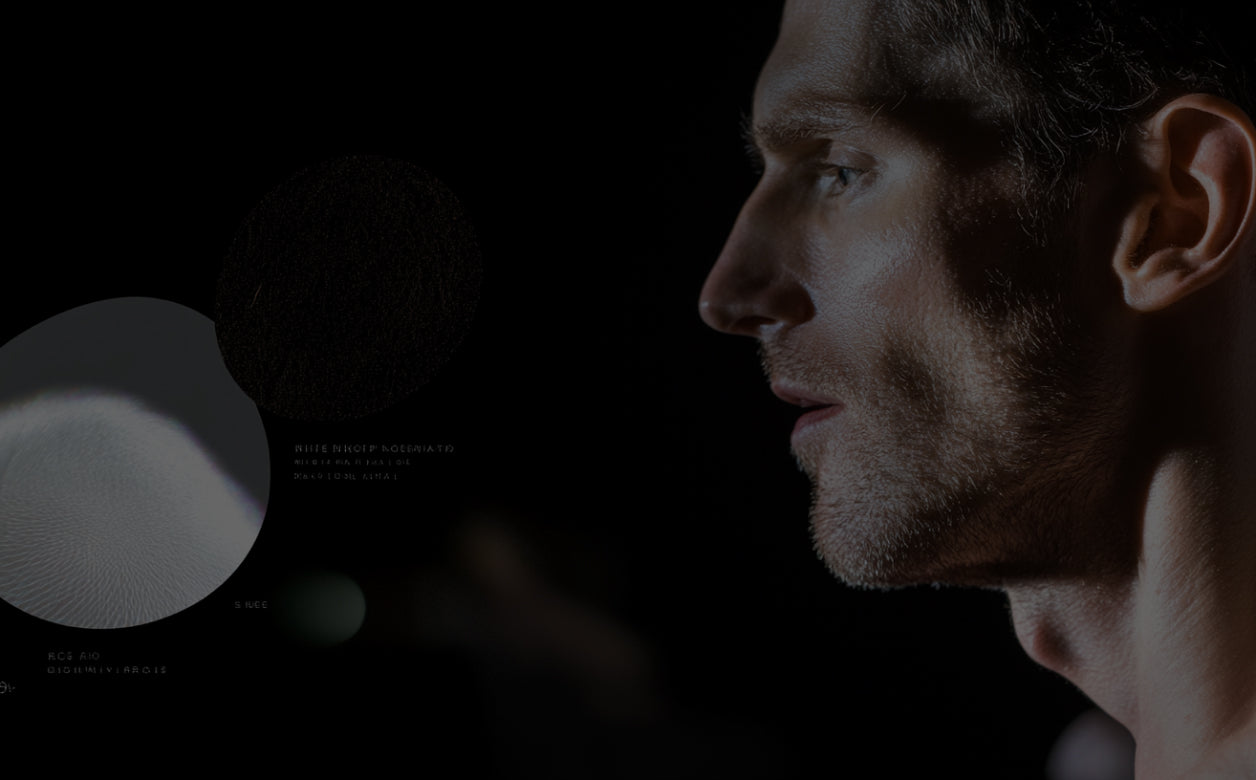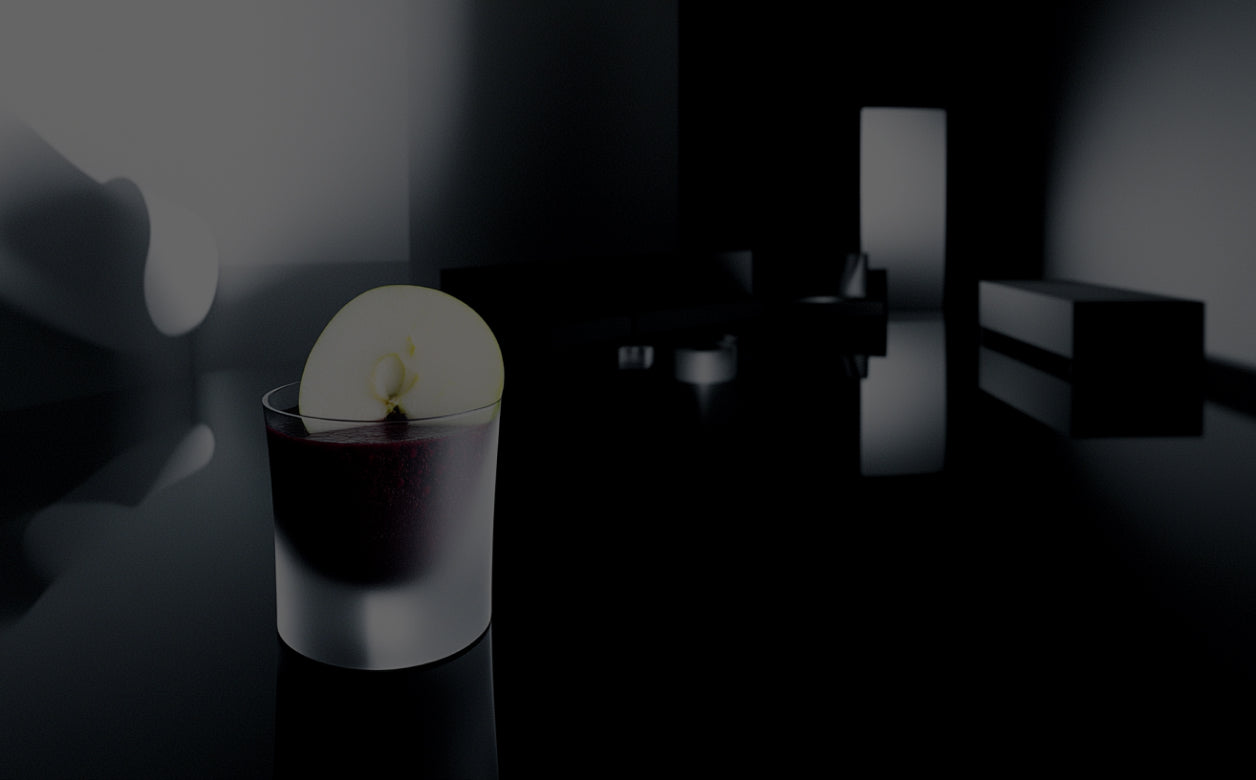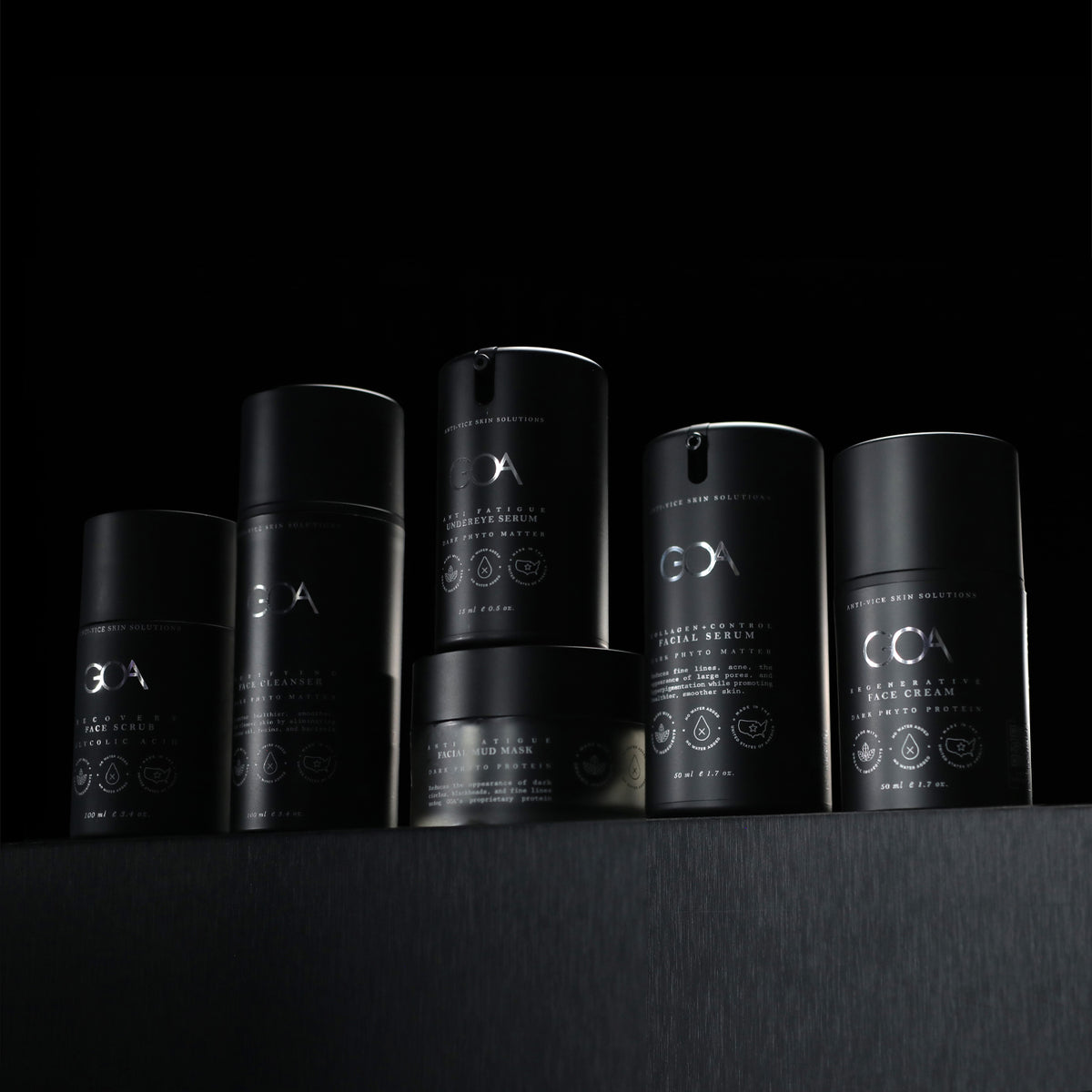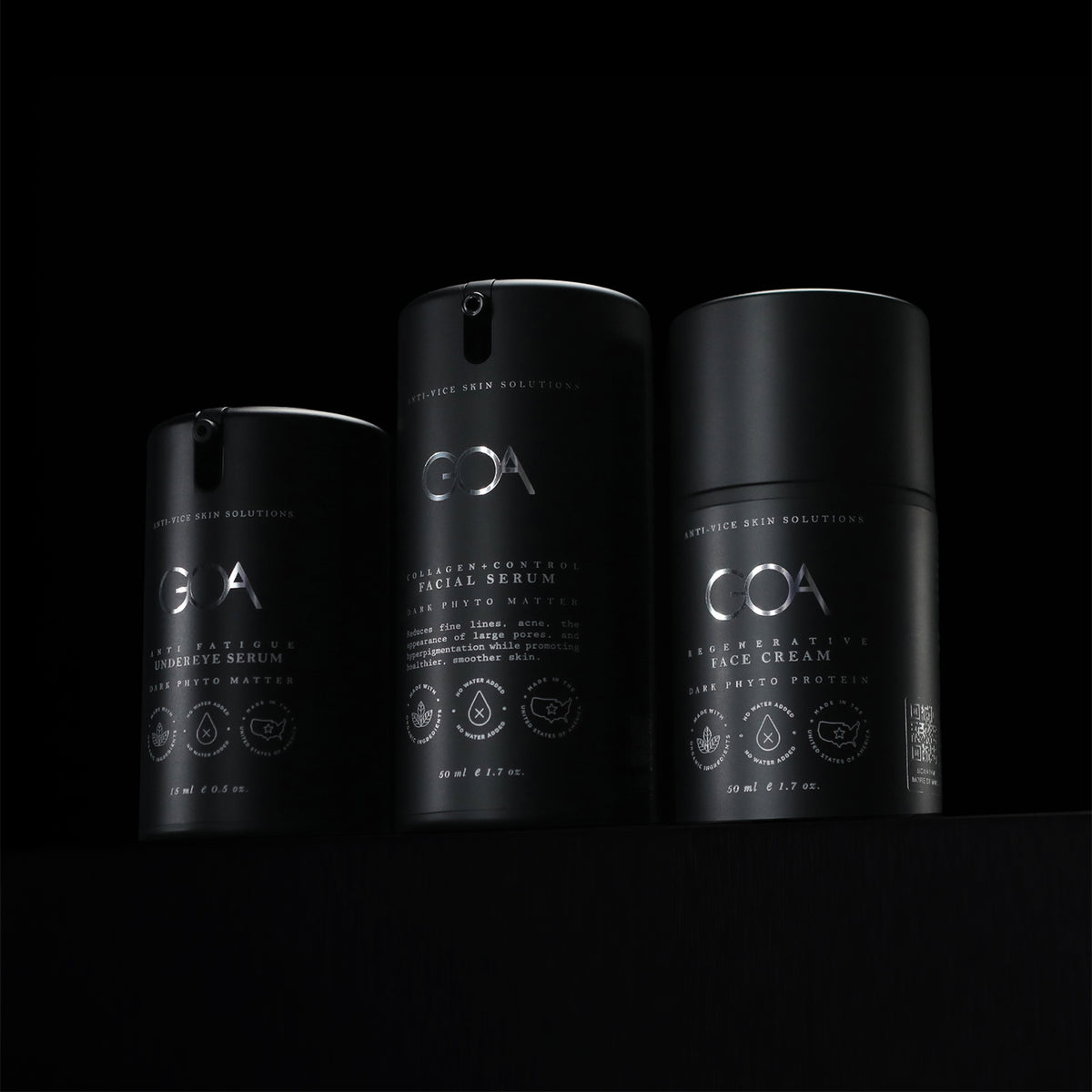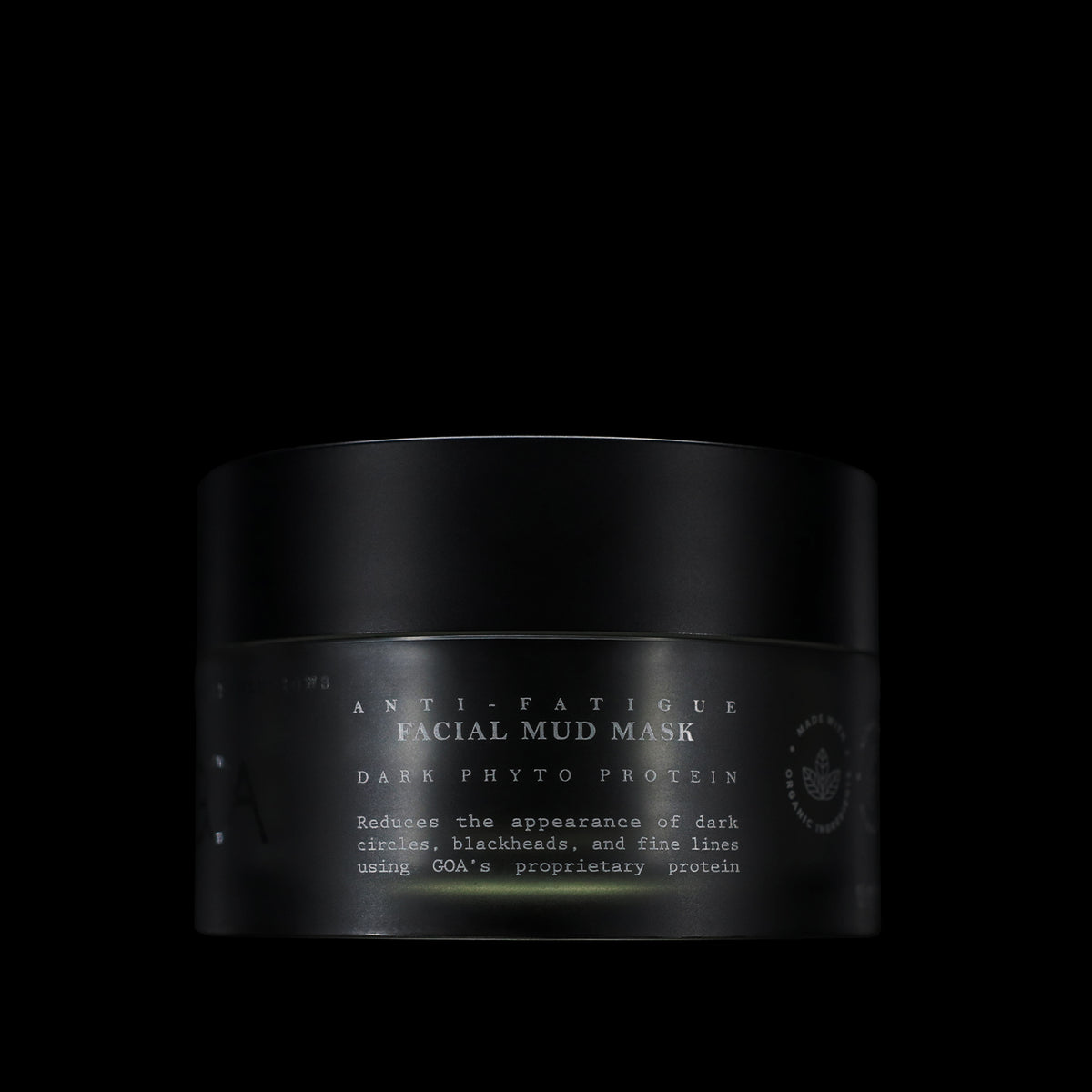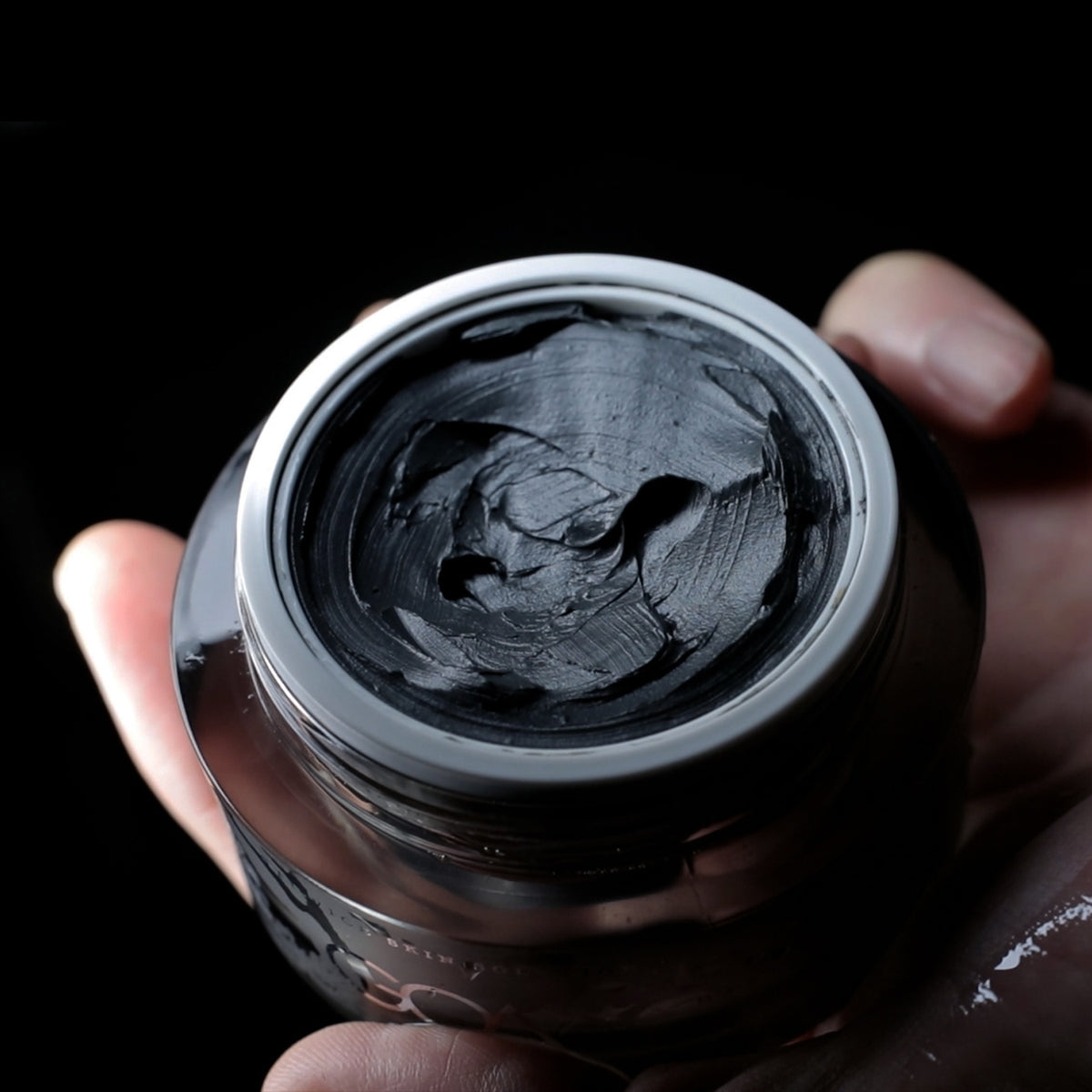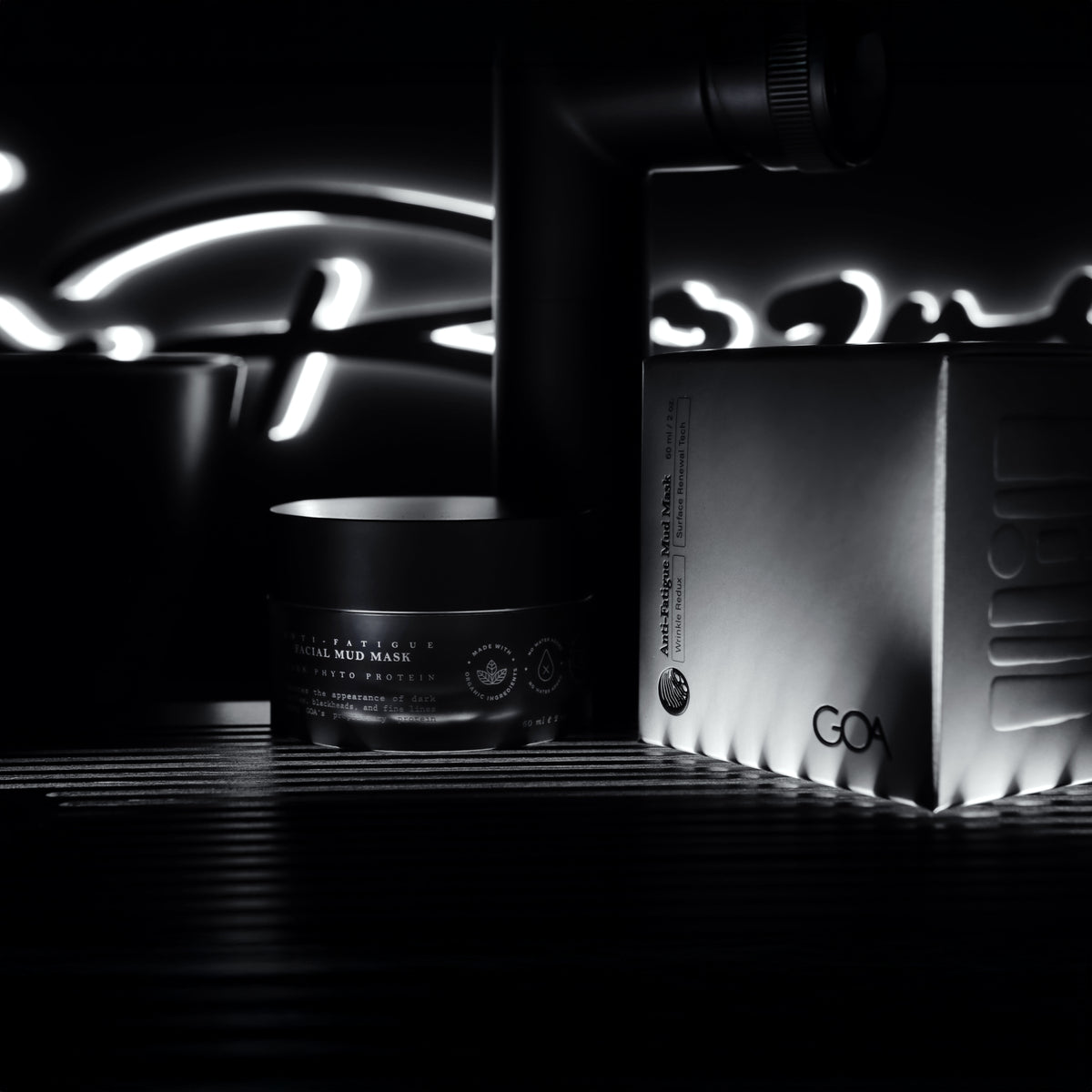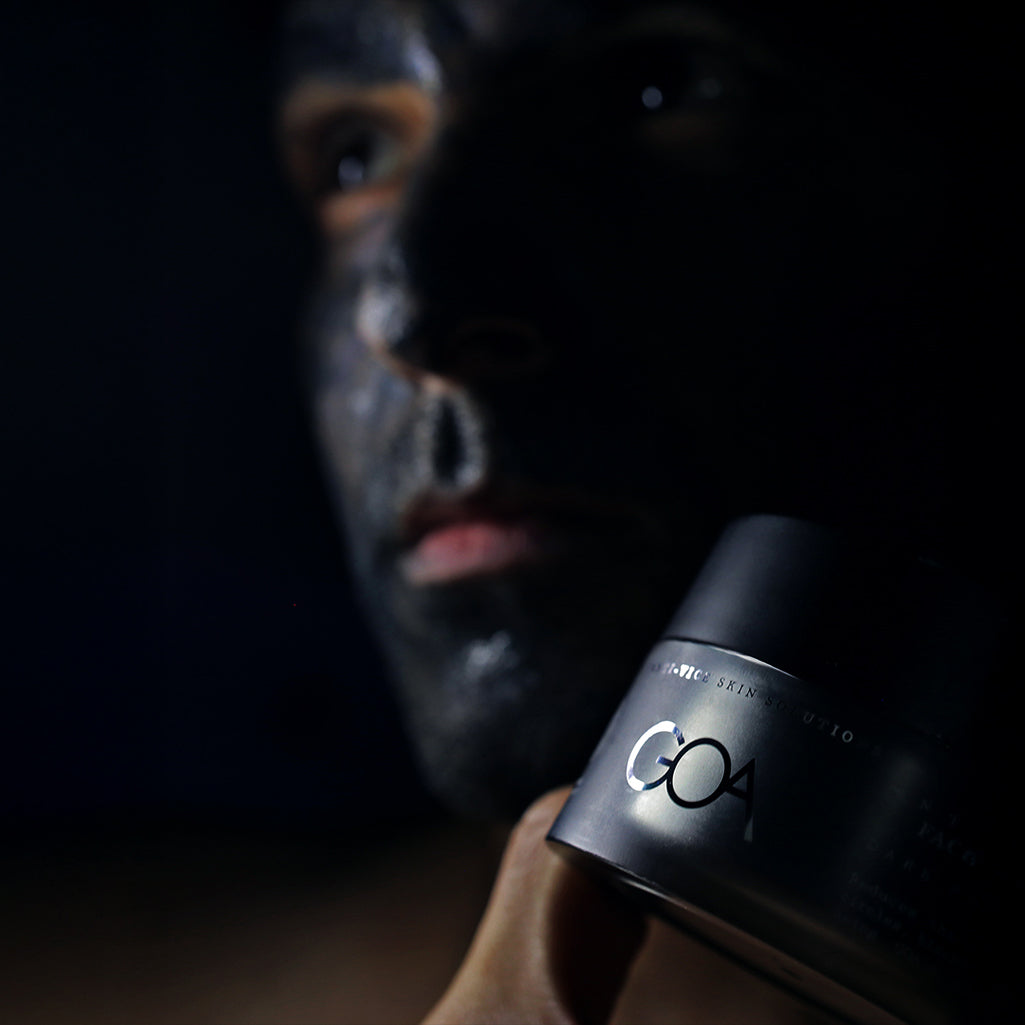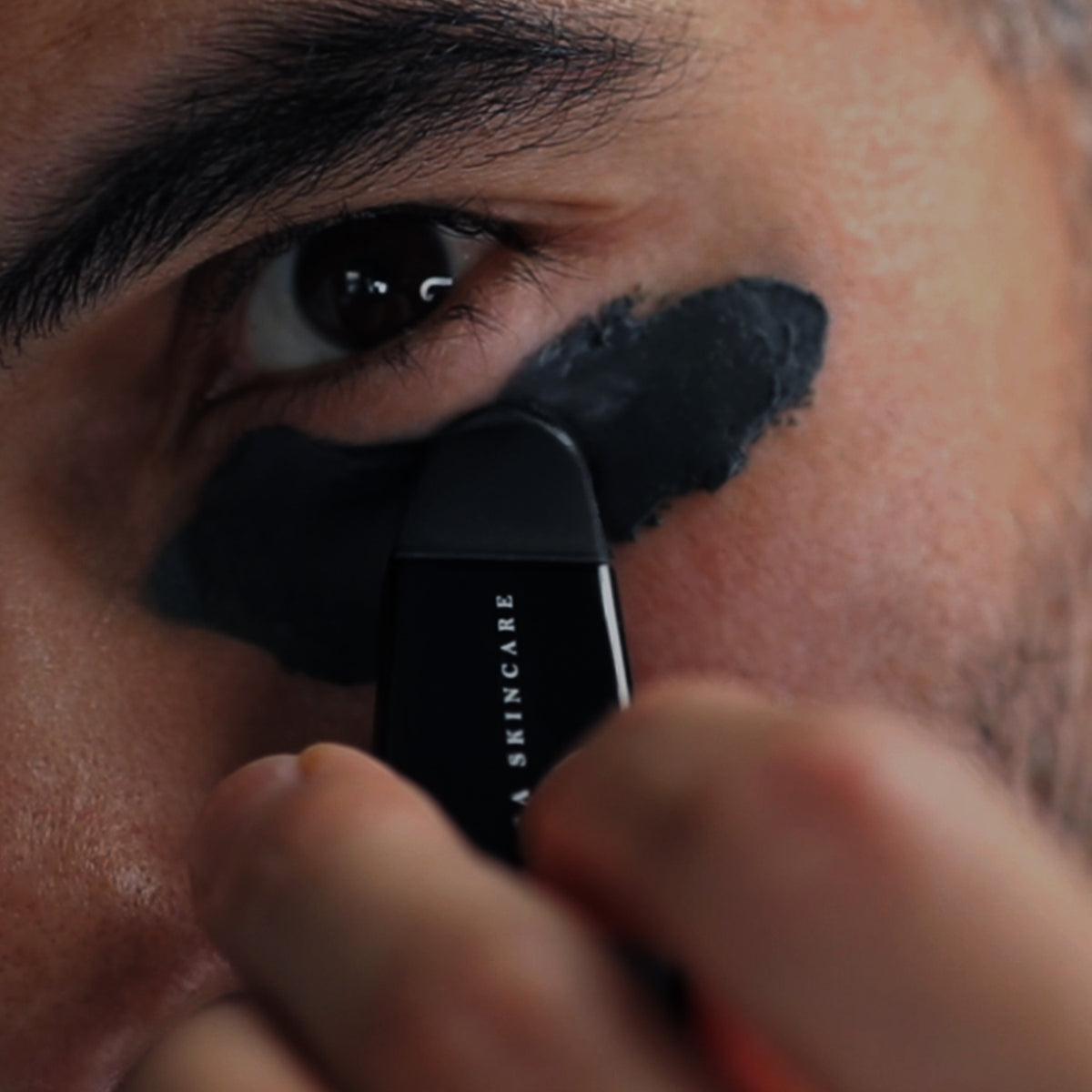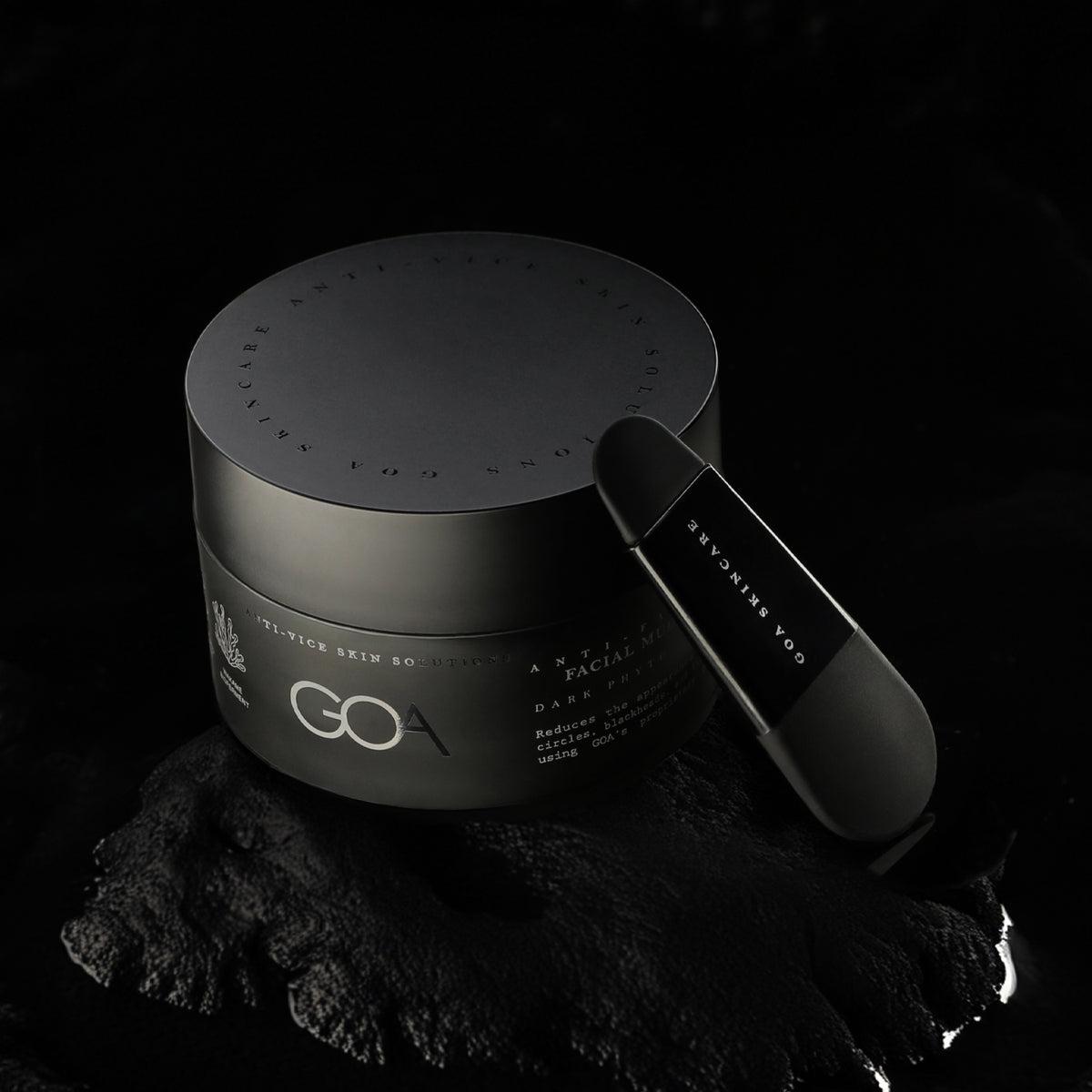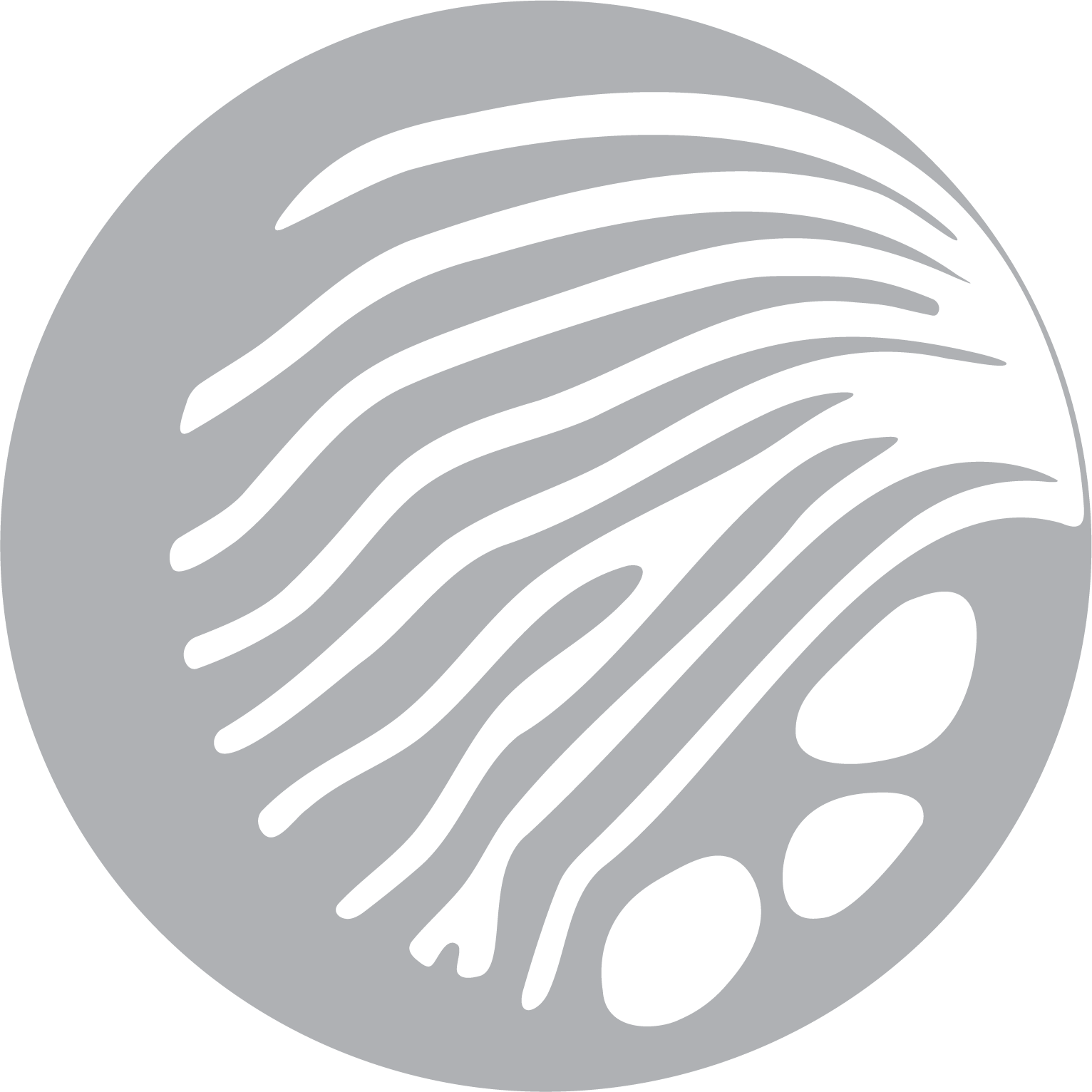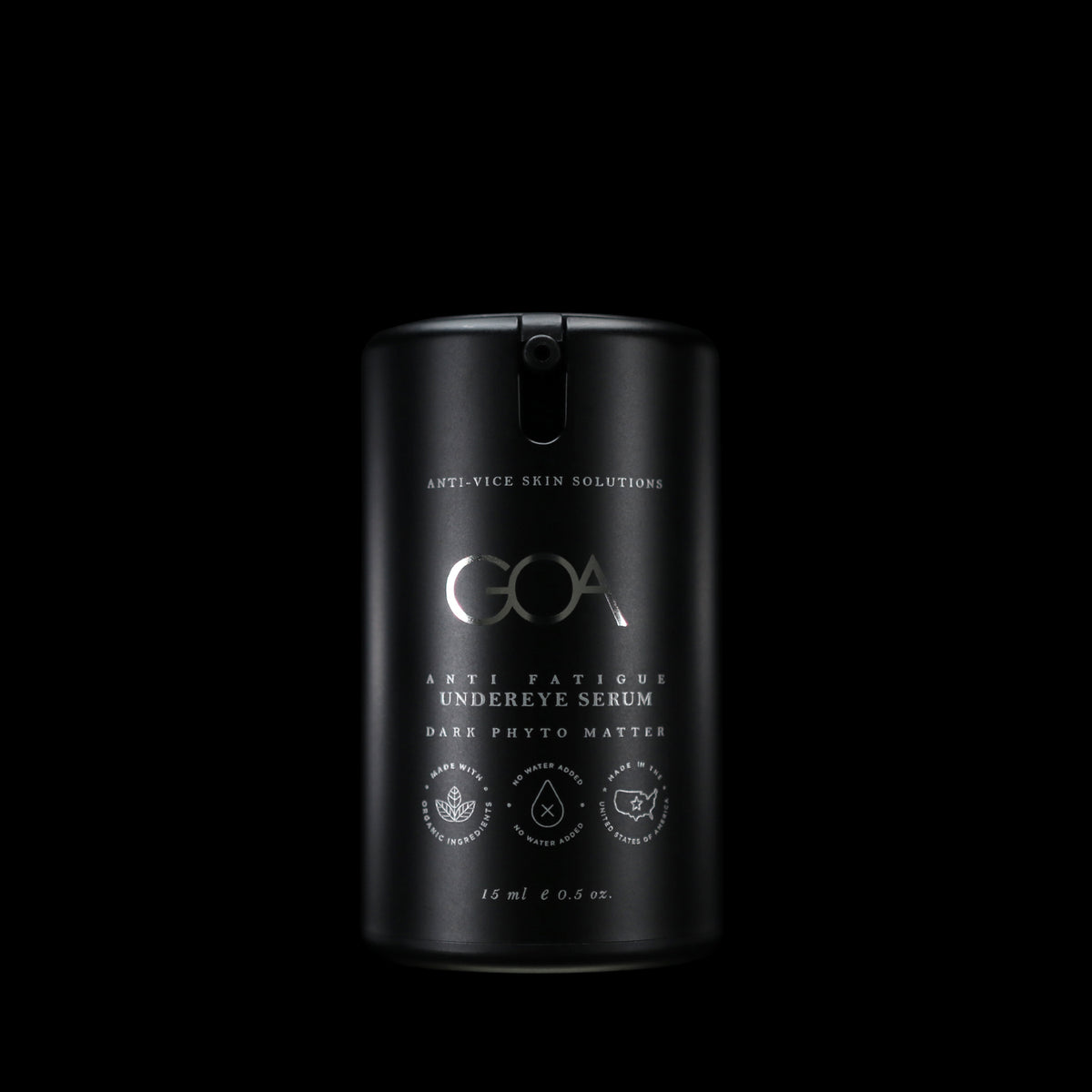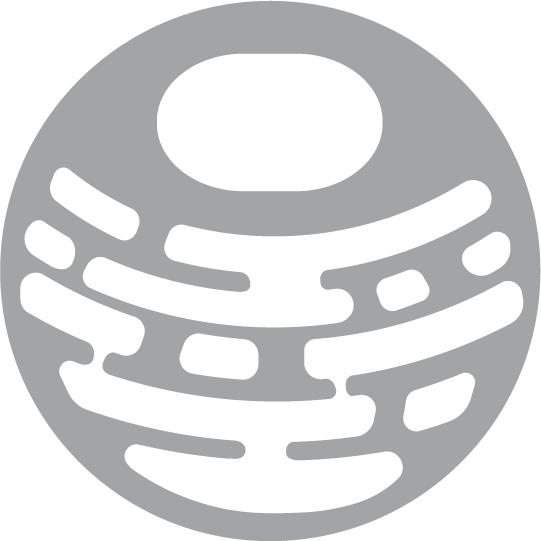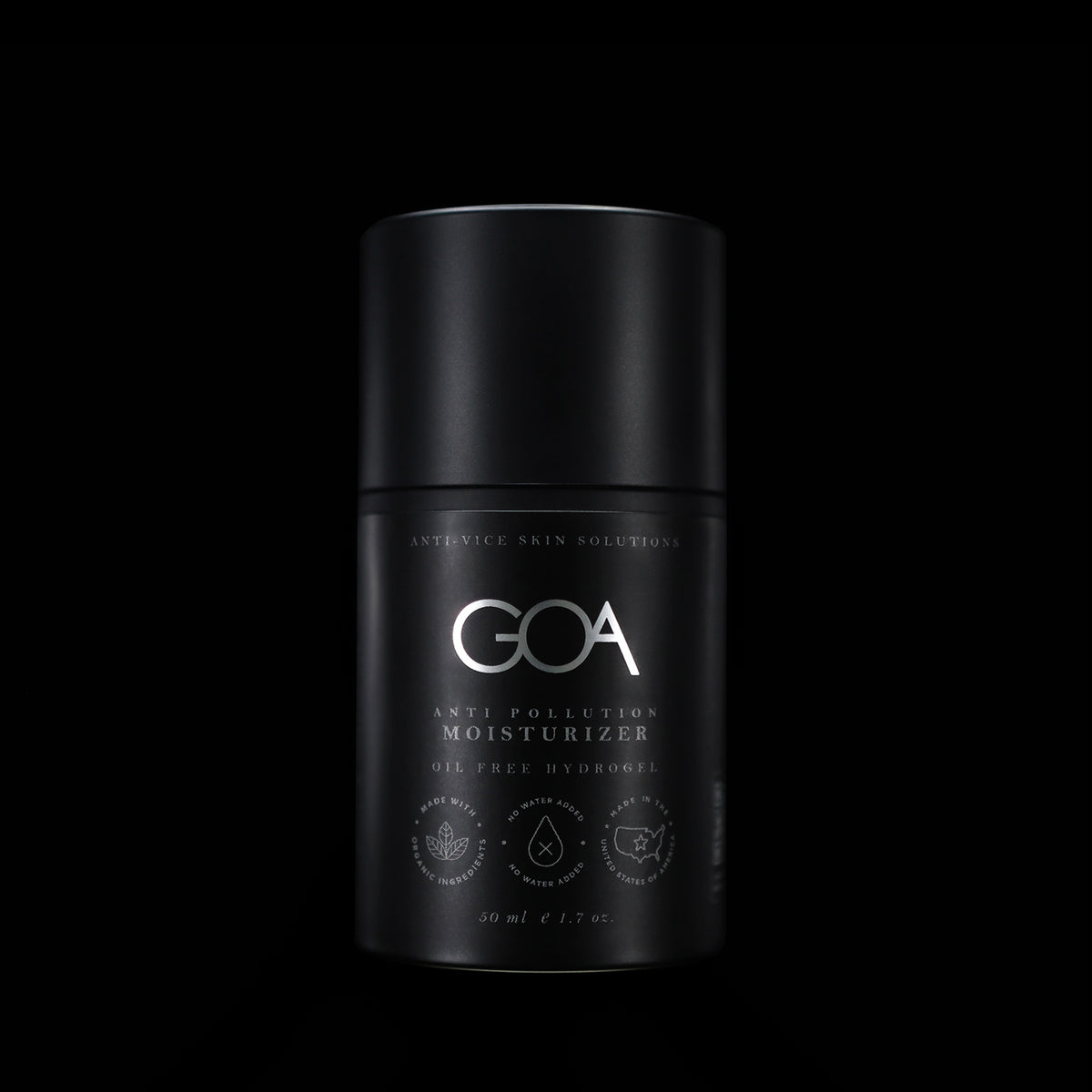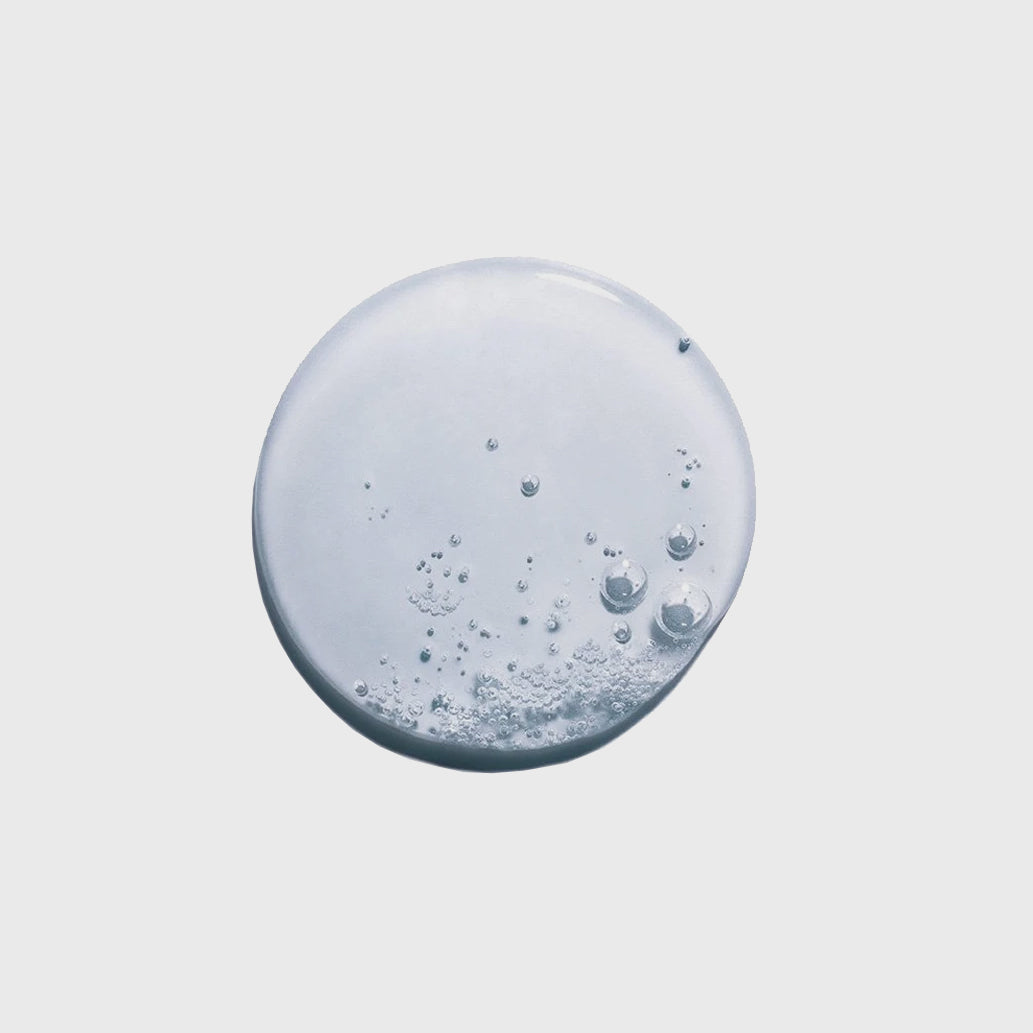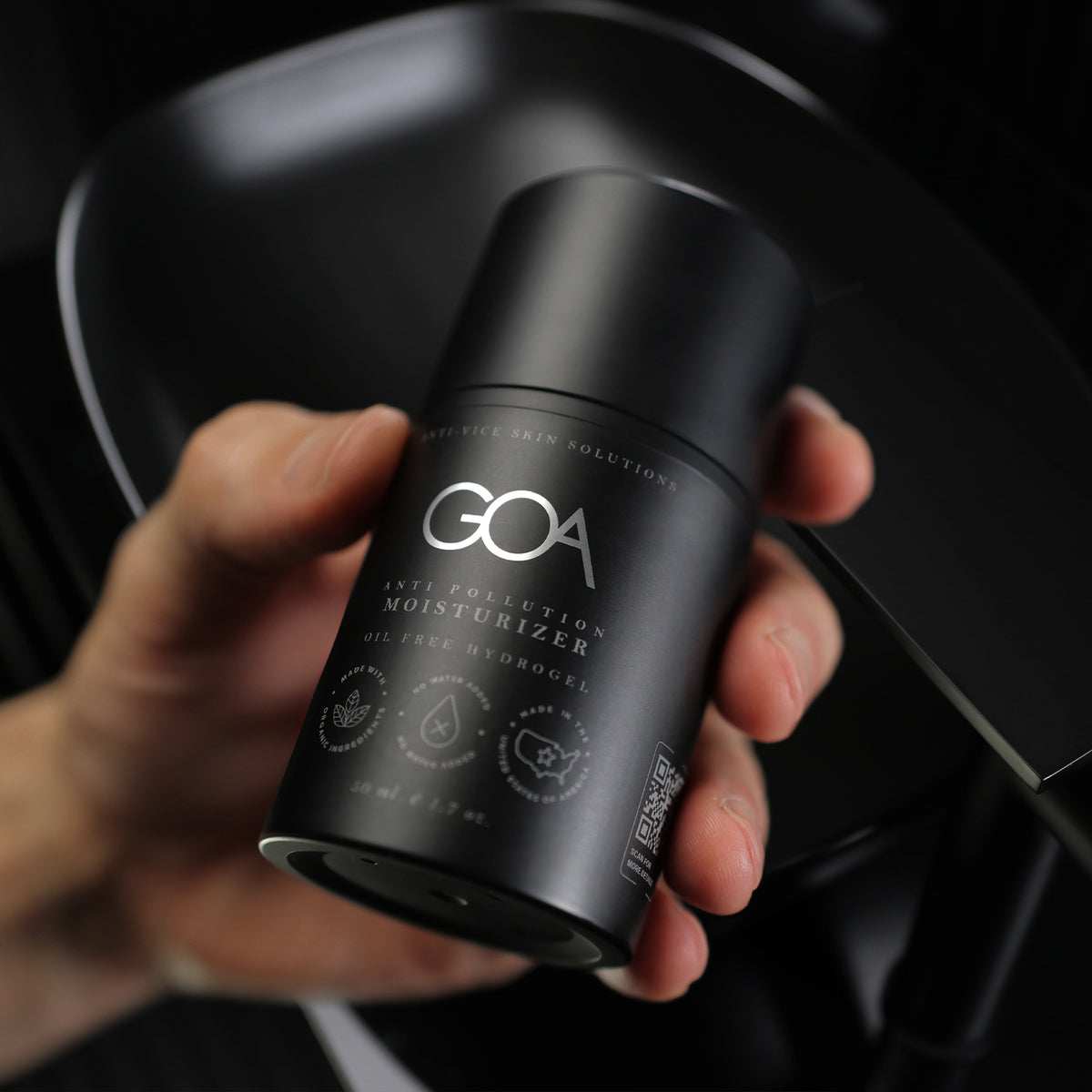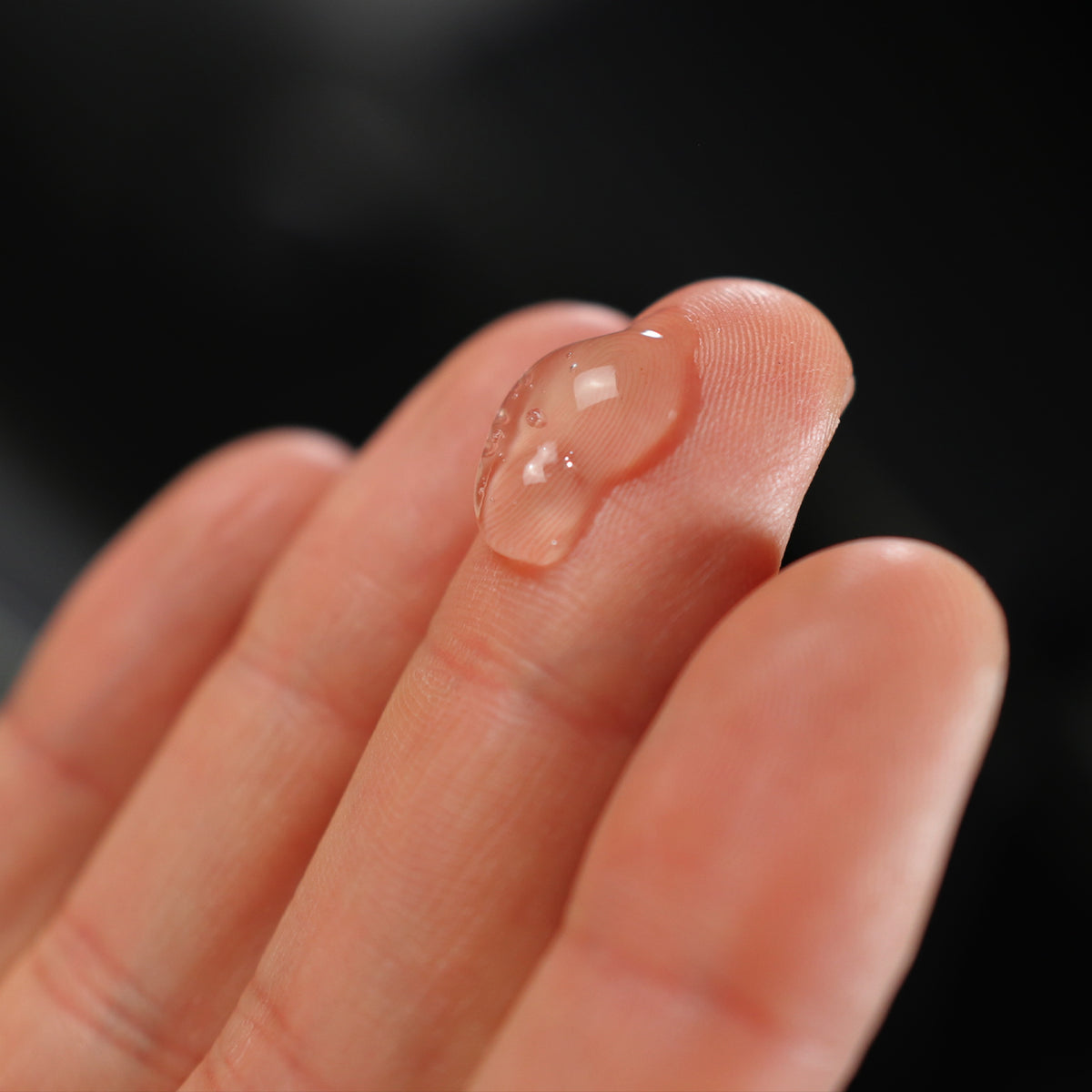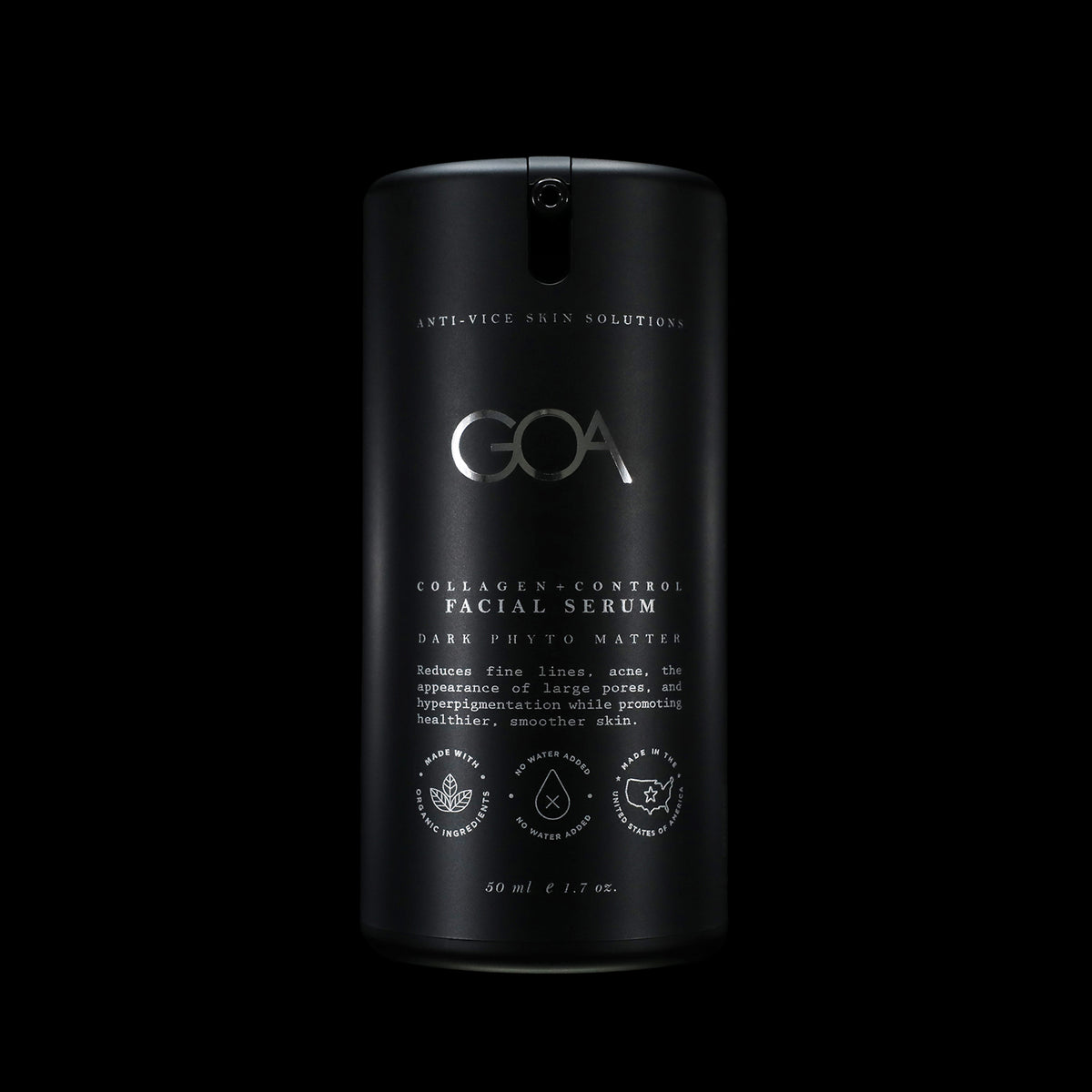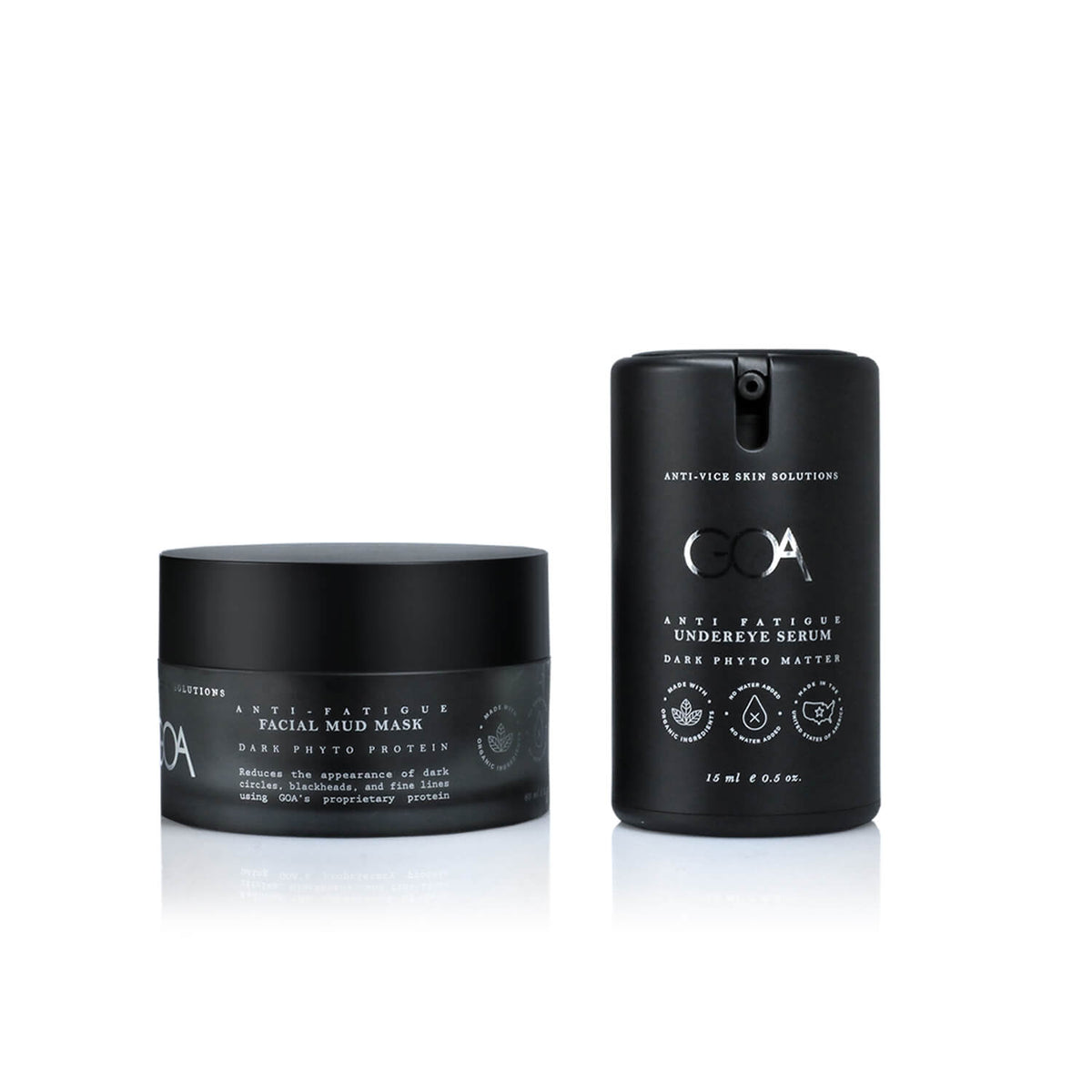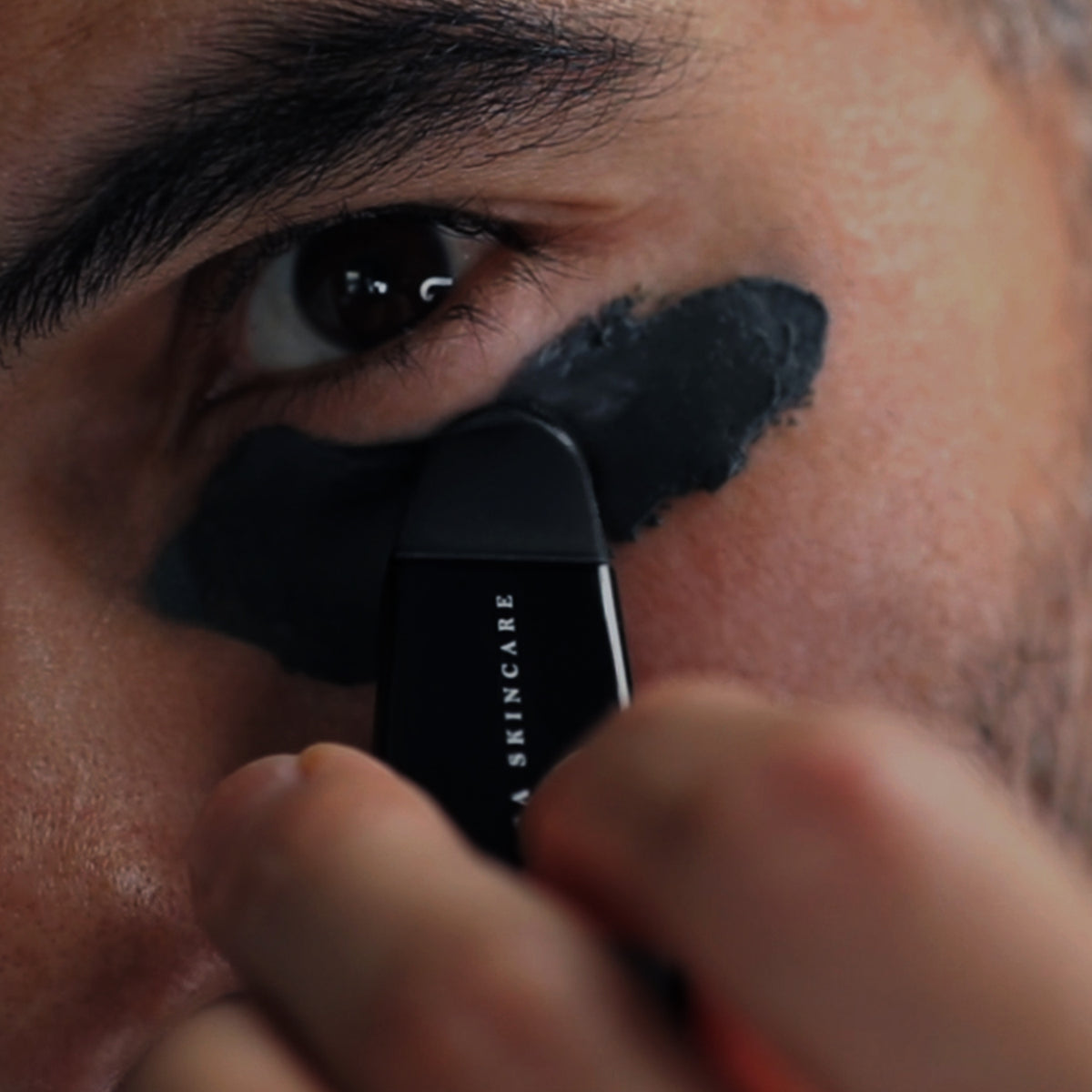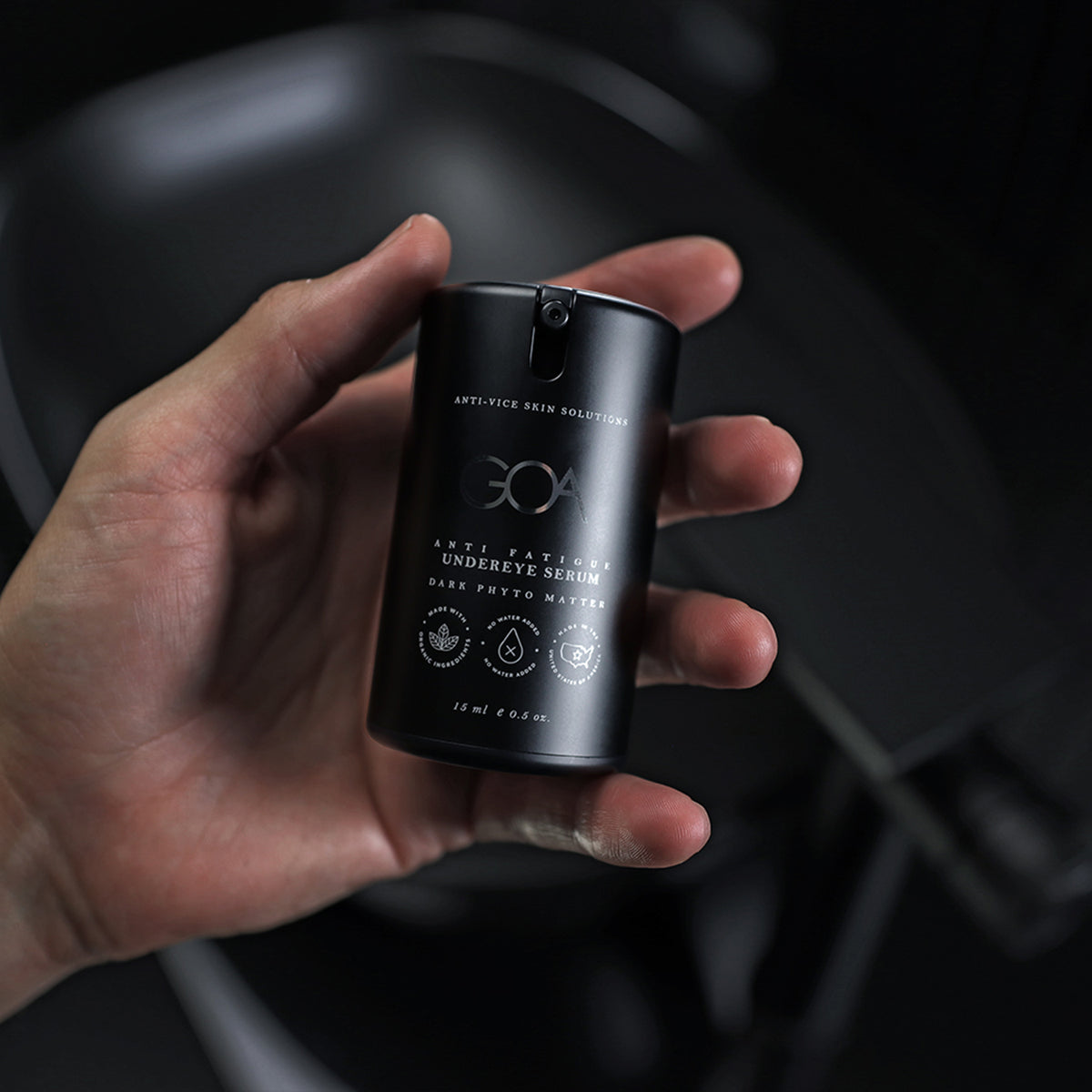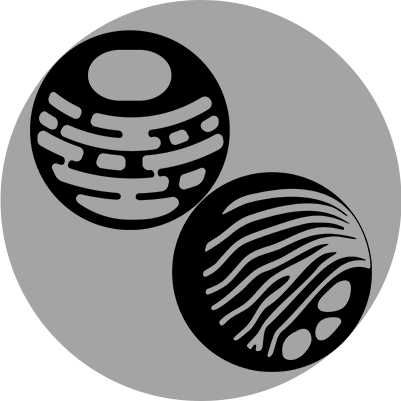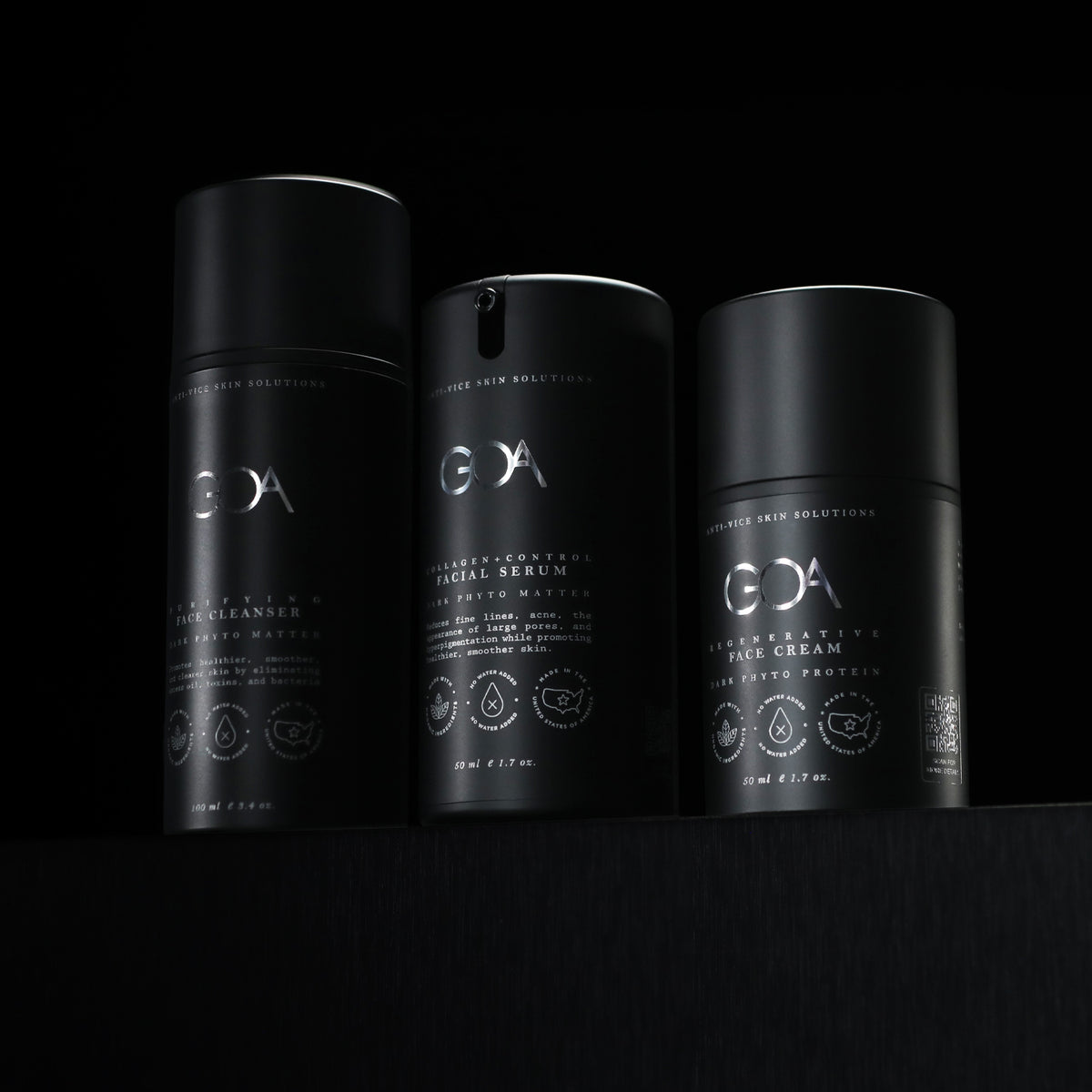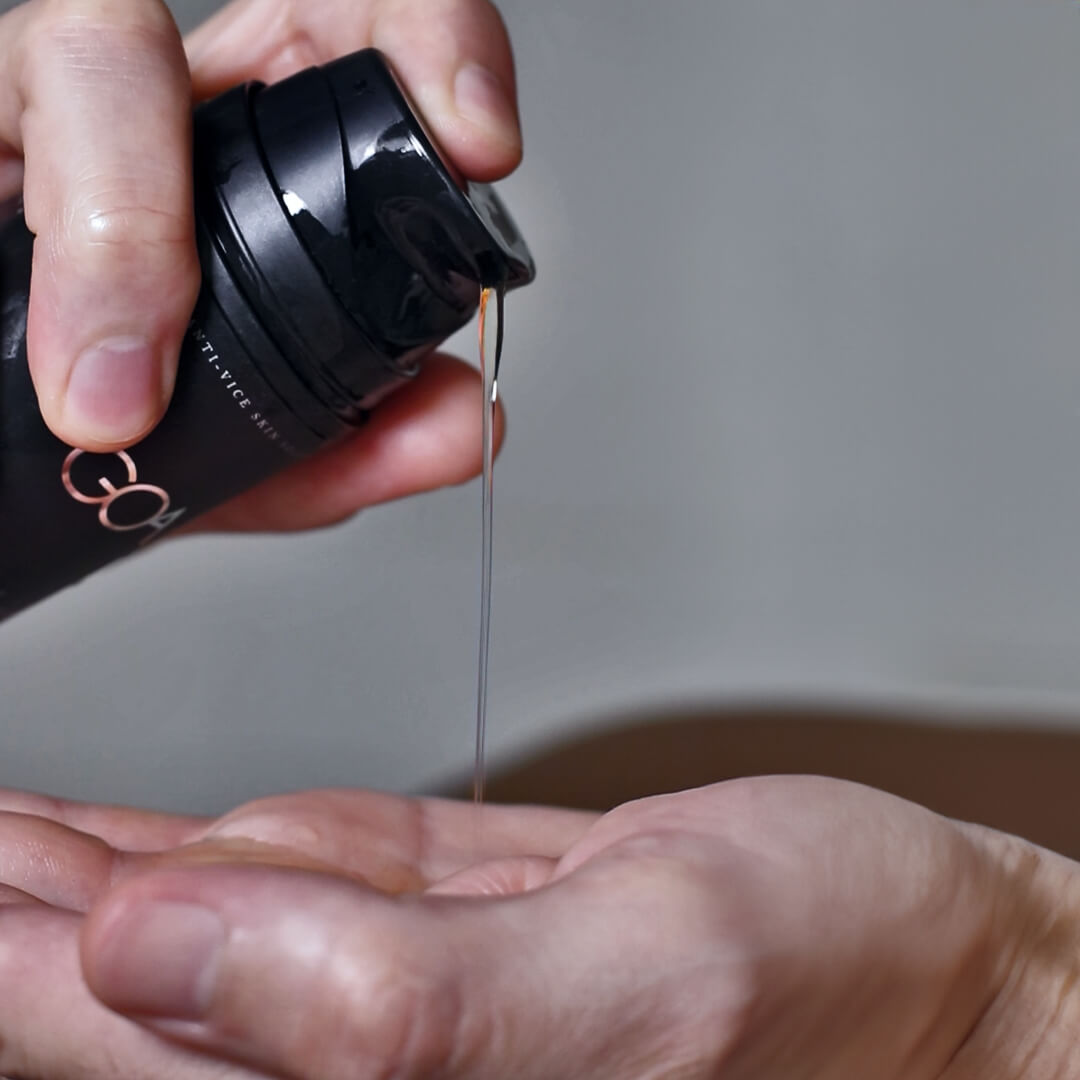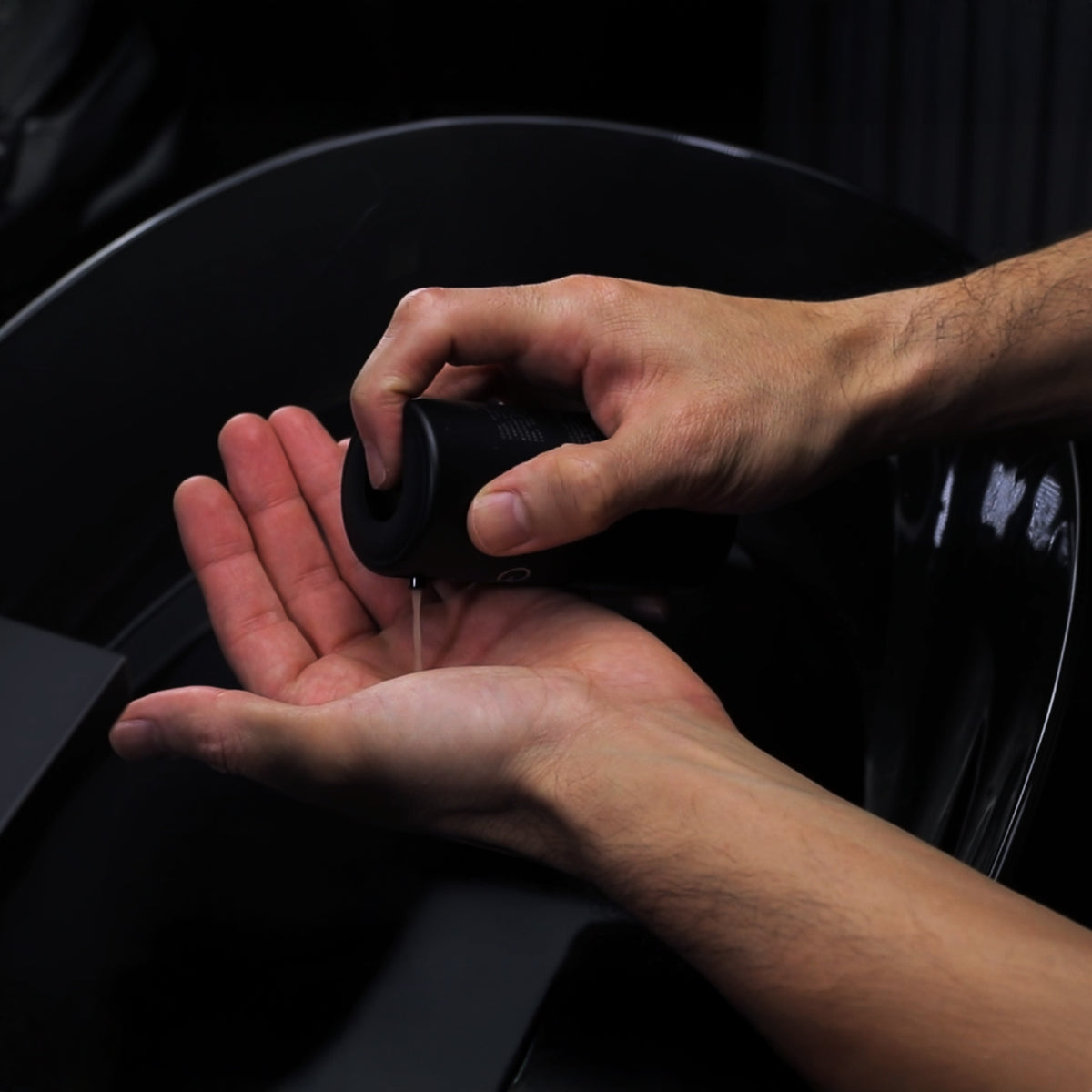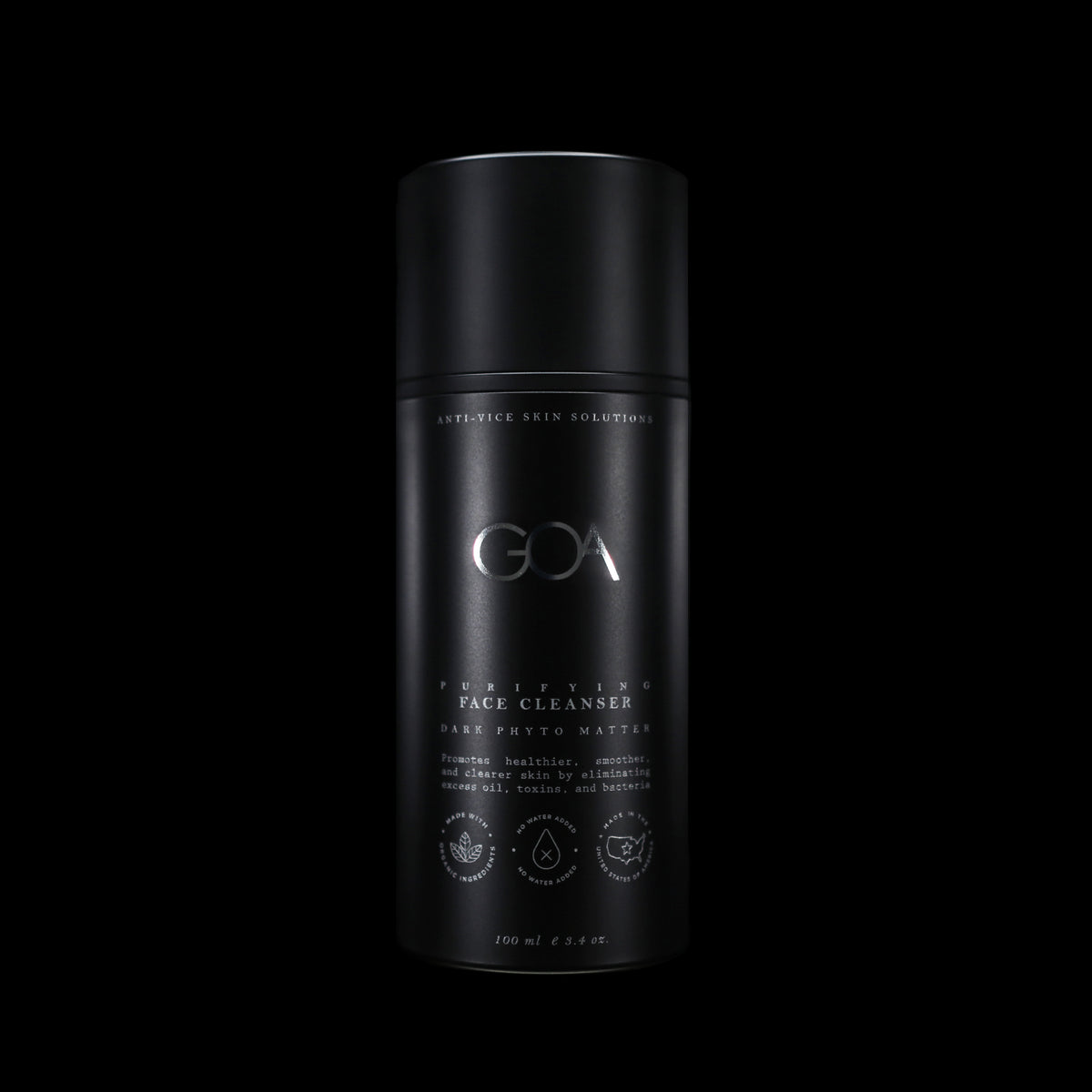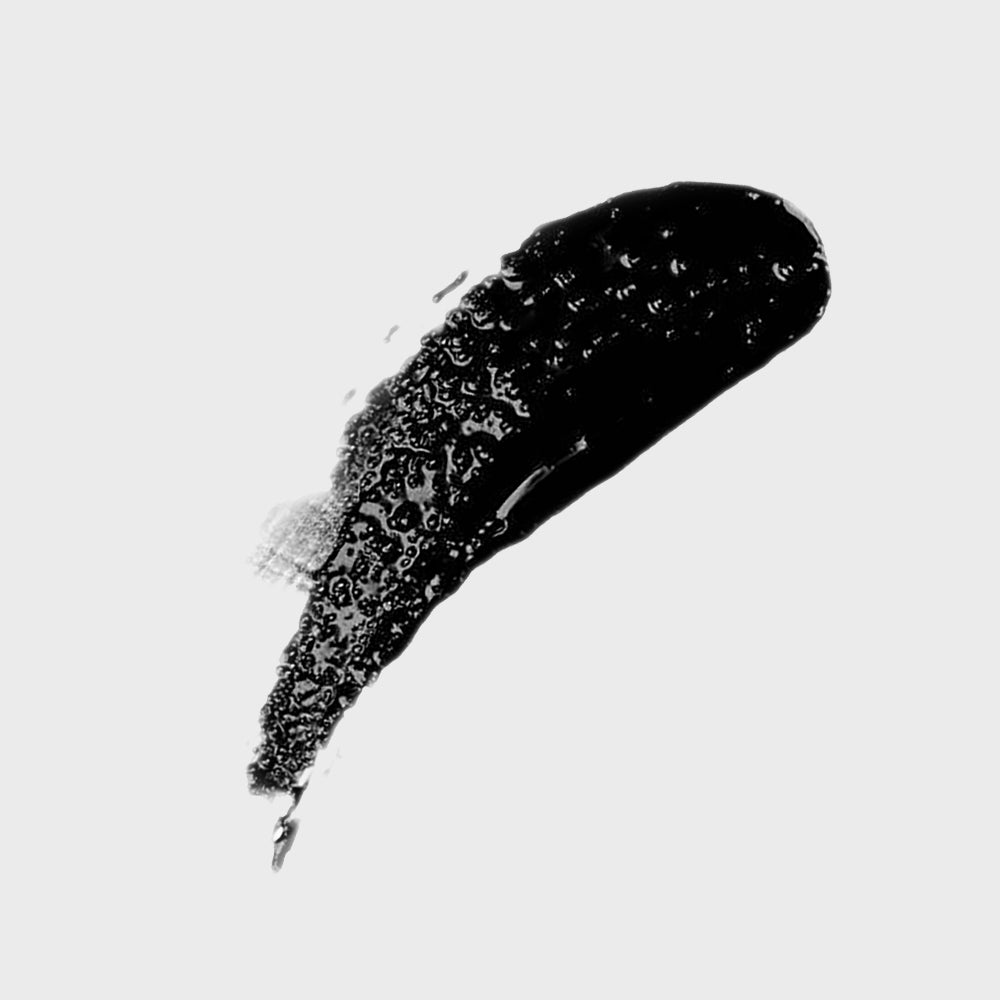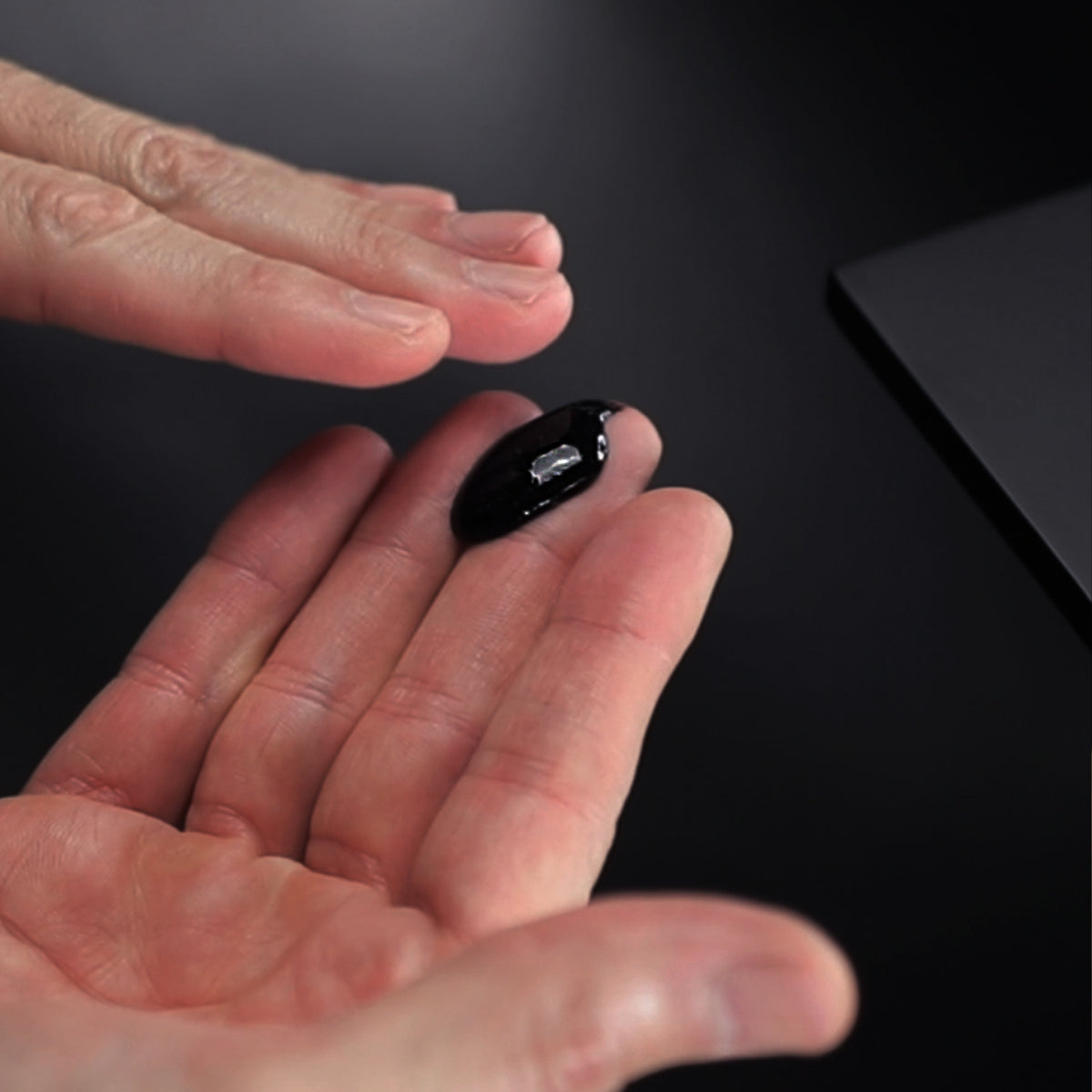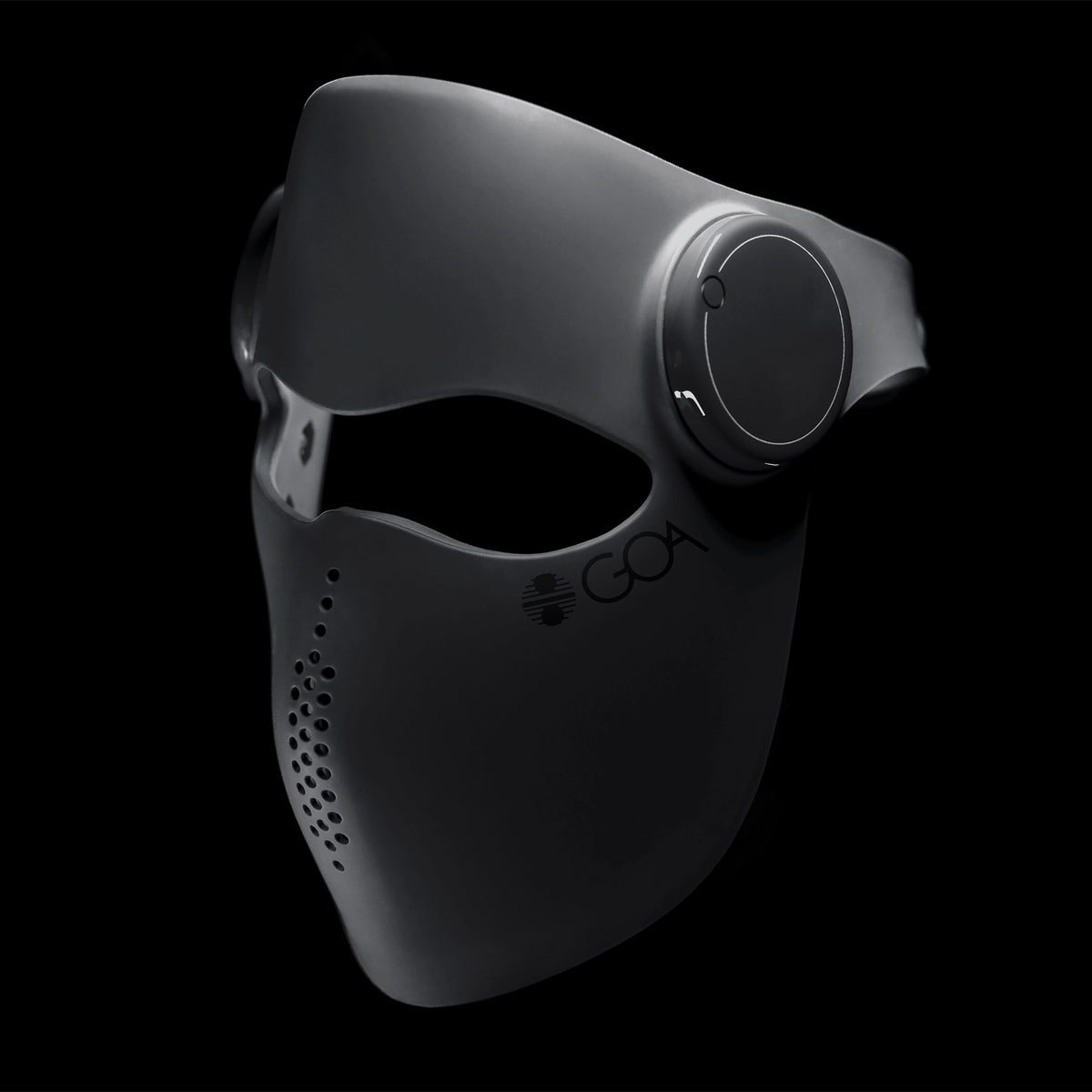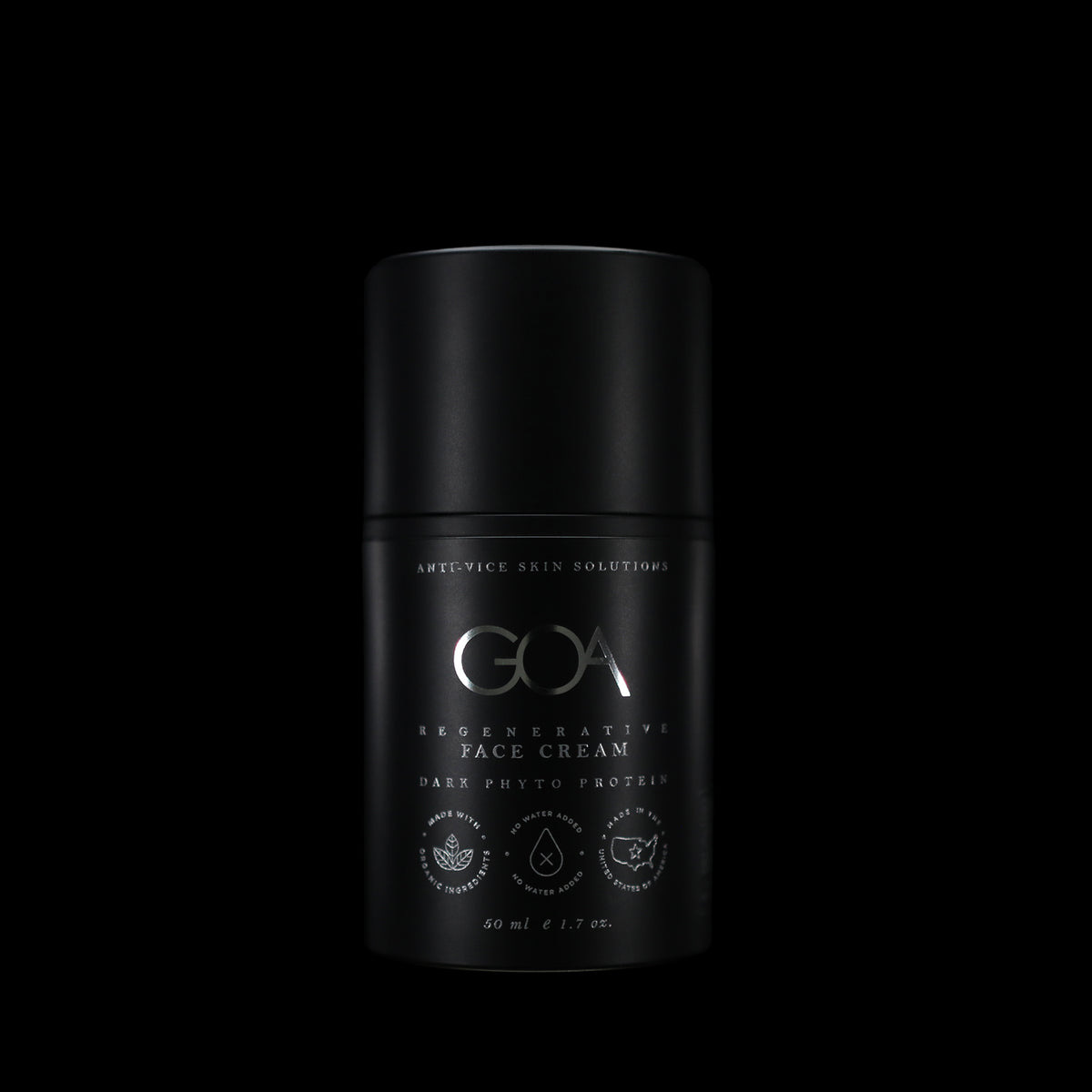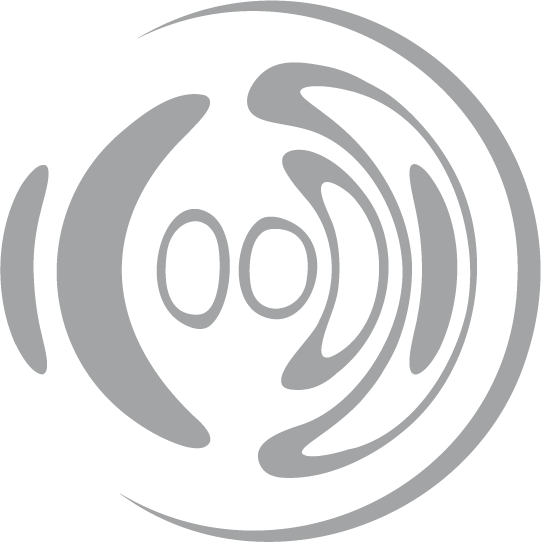Introduction: The Stress-Skin Axis and Mastering Self-Management
In a world where time is a commodity and high stakes are the norm, the impact of stress on our skin often goes unnoticed. This oversight is a silent yet profound factor in presenting ourselves to the world, as the interplay between stress and skin health is a window into our well-being.
The Stress-Skin Connection
When under stress, the adrenal glands release cortisol, also known as the stress hormone. Scientifically, cortisol's impact on the skin manifests in several ways:
Sebum Production: Cortisol increases sebum production, potentially causing acne.
Impaired Skin Barrier: It weakens the skin barrier, aggravating eczema and psoriasis.
Inflammation: Cortisol induces skin inflammation, worsening conditions like rosacea and acne.
Collagen Breakdown: Chronic stress breaks down collagen, leading to aging signs.
Delayed Healing: Elevated cortisol slows skin healing and recovery.
Mitigation Strategies
Balanced Diet and Nutritional Finesse: Omega-3 fatty acids, antioxidants, and vitamins play a crucial role in skin health. Incorporating foods rich in these nutrients can bolster the skin's defense against stress-induced damage.
Tailored Skincare Routine: Understanding one's skin type and adopting a skincare routine that addresses individual needs is essential. Products containing hyaluronic acid, niacinamide, or ceramides can be beneficial in maintaining skin hydration and barrier function.
Mindfulness and Relaxation Practices: Techniques such as meditation, yoga, or even simple breathing exercises can significantly lower cortisol levels, thus reducing stress.
Regular Exercise: Physical activity not only reduces stress but also promotes circulation, aiding in skin health and detoxification.
Quality Sleep: Prioritizing sleep is not a luxury; it's a necessity. Adequate sleep allows the skin to repair and regenerate.
Hydration Strategy: While the common recommendation is to drink eight glasses of water a day, a more personalized approach is to consume approximately half an ounce to an ounce of water for each pound of body weight, depending on activity levels and environmental conditions. Monitoring urine color (aiming for a light, straw hue) can be an effective way to gauge hydration needs.
Advanced Strategies
Biofeedback and Skin Health: Leveraging biofeedback techniques to understand and control stress responses can have a direct positive impact on skin health.
- Heart Rate Variability Biofeedback: This method involves monitoring and regulating heart rhythms to enhance stress management and cardiovascular health.
- Electromyography Biofeedback: This technique uses sensors to measure muscle activity, helping individuals reduce stress-related muscle tension.
- Skin Conductance Biofeedback: This approach tracks sweat gland activity, indicating stress levels, and assists in developing strategies for relaxation and stress reduction.
Professional Skincare Consultations: Seeking advice from dermatology professionals can provide customized insights and treatments.
Conclusion
Navigating the stormy waters of stress requires a keen understanding of its effects on the skin. By embracing a comprehensive approach that includes dietary adjustments, personalized skincare, mindful practices, physical activity, and adequate hydration, one can effectively mitigate the negative impacts of stress on the skin. The journey to maintaining resilient, healthy skin in the face of stress is not a path of avoidance but one of strategic engagement and self-care.
















